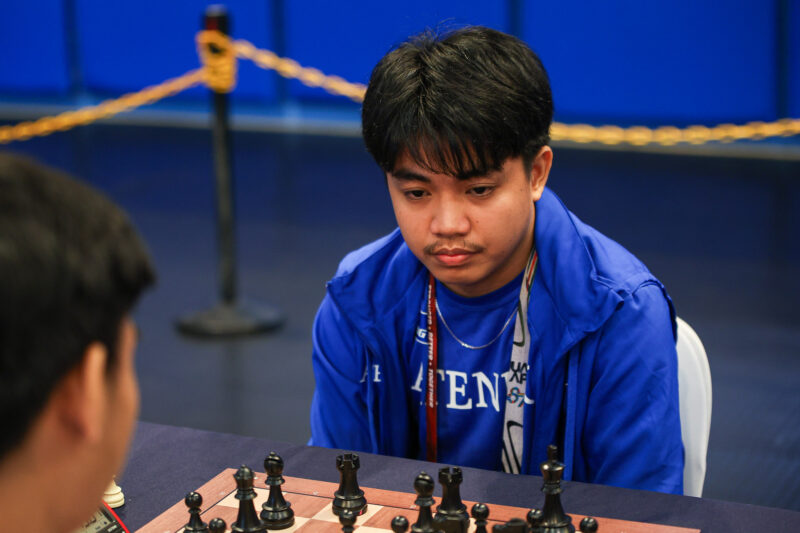Two years ago, I never would have imagined that I’d be where I am now. I didn’t even have any idea where Ateneo was. “Sa Makati ba yun banda?” I didn’t concern myself with college basketball games and such, nor did I add Ateneo to the schools I considered. The dream had always been to study at the top-ranking university in the country—the University of the Philippines. Nonetheless, I now find myself in this six-digit-tuition school I never dreamt of ever enrolling in.
This isn’t to say that I didn’t have my own ideas of what it would be like. I’d already expected susyal people with iPhones, long lines for milk tea, students filling coffee shops, and luxury cars occasionally zooming by. However, it’s still different experiencing it firsthand. In my first week of living in Katipunan, I already found myself speaking in English with everyone I met. It’s hard to deny that everything I’ve just said holds a tinge of prejudgement in it—a prejudice against a people that weren’t of the same economic class, that didn’t prefer the same language, a people that, in my head, weren’t my people.
Coming from a town where English was reserved mostly for foreign tourists and from a school that somewhat had a culture where students would tease spokenin-in-dollerz people, it was easy for me to feel the contrast. Probably one of the first things that caught my attention was that it seemed like everyone wore clothes from Uniqlo or some other huge fashion brand; people dressed somewhat similarly and are only distinct by a few pastel colors. When you visit school, you can be sure to see someone with a Fjallraven bag and at least a dozen people wearing white shoes for that day.
Another thing was the high prices of food in Ateneo. Most meals here will cost at least a hundred pesos, and those may not even fill you. Neither inflation nor the Train Law has helped to alleviate the situation. However, economic conditions don’t seem to prevent us Ateneans from exercising our financial prowess, as seen in sales posted on Ateneo Trade such as Rolex watches, luxury cars, and entire islands.
Kidding aside, I eventually got used to the pretty much colorful Ateneo life. One day you’re walking home and you might stumble across a mass of students running down Red Brick road Naruto style or perhaps find a huge crowd gathering around a dozen guys doing the “Dante Gulapa dance.” We, Arneans, get a lot of comical reactions online for it. Things here are unconventional but in a fun kind of way. Though what people outside school probably don’t know is that behind that impression of a school filled with easy-going, carefree students is actually a hotbed of social, economic, and political thought and dialogue. Even my Theology of the Catholic Social Vision (Theo 12) subject, where you’d only expect to talk about religion, is deeply imbued in understanding the social issues of today through analyses and immersions. Despite Ateneo’s reputation as one of the most elite schools in the country, it is far from detached from our nation’s reality.
Truly, life in Katipunan, and in college, is very different, especially in the Ateneo. A lot I’ve just said probably seemed judgmental and, as I mentioned earlier, it’s kind of difficult to deny the fact that I’ve had my prejudices against the people and culture here. But after spending a year with the very people I used to judge—those elite, bourgeoisie, upper-class as I saw them—this place had somehow pushed me past beyond my biases; it had prevented me from forgetting that behind every person is a unique story and each new environment serves as a world of knowledge we’ve yet to learn from. Some of us, like me, tend to get lost in the sea of social ideas, norms, and biases we have held for so long. Luckily for me, I’ve met some really great people here, and I’ve learned things I never knew I didn’t know. Ateneo was, in the ways I had just described, a different world. Yet, that’s also what makes Ateneo the place I just had to be in.
George D. Kho is a diplomacy and international relations major and a Beyond Loyola Staffer of The GUIDON. He may be reached at 0917 680 8310 and george.kho@obf.ateneo.edu.




